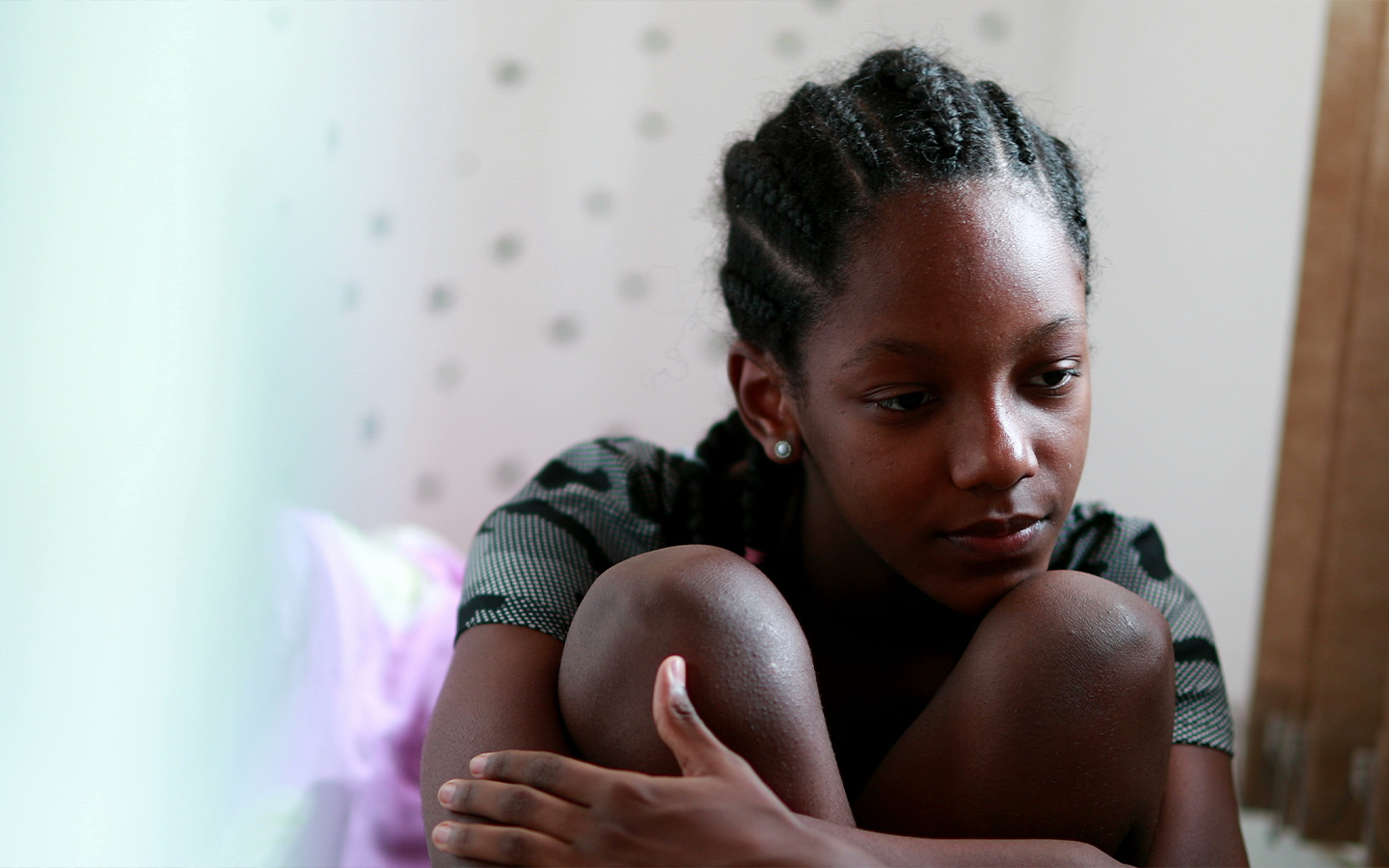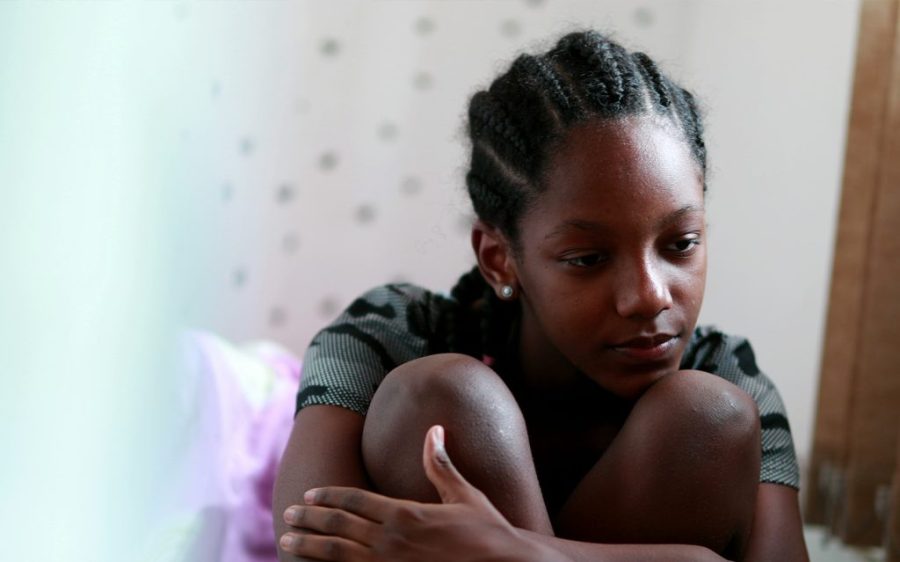The president of Guinea-Bissau has proposed a dramatic change to the minimum marriage age in the country, part of an effort to combat the practice of child marriage, reports the Portiuguese news agency Lusa.
Speaking at a rally in the town of Guiledje in southern Guinea-Bissau, President Umaro Sissoco Embaló said that children and young people should be sent to schools instead of getting married “before their time.” The country’s civil code sets the minimum marriage age at 16 with parental consent, although in rural parts of the country, girls as young as 13 are often forced into marriage.
“Marriage is only accepted in Guinea-Bissau from the age of 25, anyone who marries before then we will say is a paedophile,” the president proclaimed. His proposed new minimum, he emphasised, would be applied to both men and women, although young girls are significantly more likely to be forced into a child marriage than their male counterparts.
The prevalence of child marriage in Guinea-Bissau has decreased somewhat in recent decades, dipping to 25.7 percent in 2019 (the last year for which UNICEF data is available), the lowest point in 25 years.
It is likely, however, that the Covid pandemic pushed the figure up again. UNICEF warned in 2021 that disruptions and economic stress caused by the pandemic threatened to undo progress on ending child marriage and put 10 million additional children at risk before 2030.
One in four young women in Guinea-Bissau is married before the age of 18, according to the UNICEF Child Marriage Data Portal, making the country home to nearly 180,000 child brides. Nearly a third of which (32.7 percent) were married before the age of 15, in clear violation of the country’s Civil Code.
[See more: Child marriage ‘remains worrying’ in Mozambique]
The practice is predominantly found among poor, uneducated and rural populations, where the prevalence of child marriage is more than three times (36.1 percent) that of urban areas (11.4 percent). Income offers some protection, those with higher incomes reporting a rate of 8.7 percent compared to more than a third for the three poorest quintiles. Education is the greatest determinant, however, with more than half (50.8 percent) of girls with no schooling being forced into child marriage while only 1.1 percent of girls with secondary or higher educational attainment sharing the same fate.
“I ask the young people and elders of this area to stop the early marriage of girls… who must study,” Embaló told rallygoers.
Girls Not Brides, an NGO working to end child marriage globally, views education as “a powerful strategy to end child marriage and ensure girls can fulfil their potential.” This is in part due to reductions in gender inequality seen through education, which offers girls more opportunities and greater autonomy. Arming girls with the skills needed for employment also helps shift the wider society and provide examples to younger generations. Educated women also tend to educate their own daughters, breaking the cycle of child marriage one family at a time.
Investing in girls’ education is also a long-term investment in society. Countries lose more than US$1 billion every year by failing to educate girls, who can earn up to 20 percent more through just one additional year of schooling.
Embaló assured the crowd that more schools would be built in the country’s south, with aid from Japan, a long-time supporter of school meal programmes in Guinea-Bissau. Offering free meals in schools is one way to encourage poor families to continue their children’s education, making it more economically viable to keep children in schools rather than pulling them out to earn money or be married off.
Embaló also announced construction of roads and water wells, fundamental infrastructure that will support families and economic activity in the region.






